
Concrete Lifting & Repair Made Easy
We’ll elevate your concrete without breaking the bank. The perfect alternative to replacing your concrete.
Schedule Free Consult
Your Concrete is NOT Going To Fix Itself.
Do Any of These Sound Familiar?
- Sinking front steps making you sad?
- Sidewalk trip hazards leave you fearing a lawsuit?
- Large voids under your patio giving you anxiety?
- Leaking crack in the basement wall have you underwater?
Damaged concrete may have you down, but don’t worry - repaired concrete is just a click away!
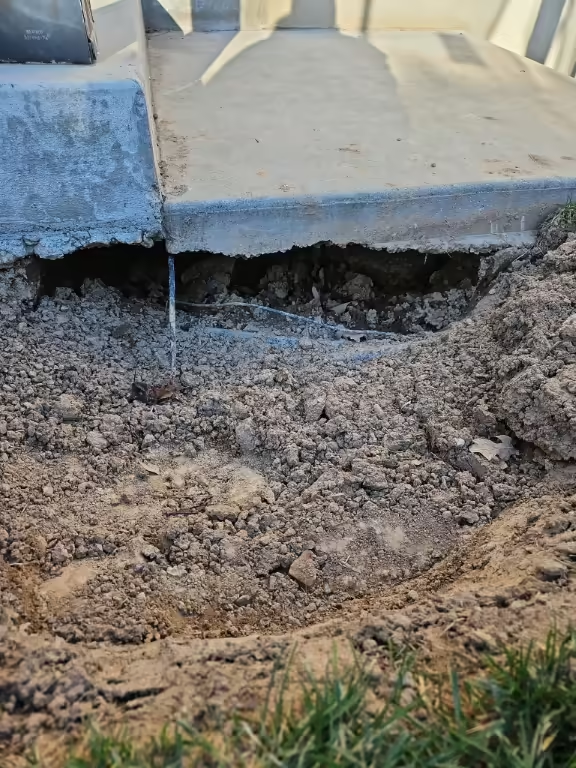
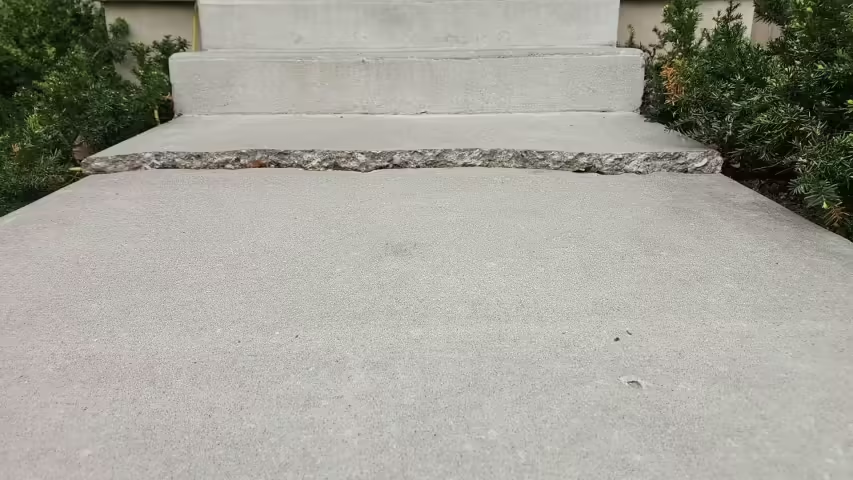
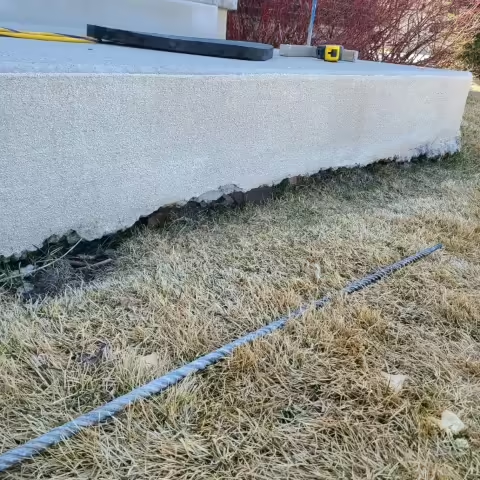
Your Concrete Repair Solutions
We know how frustrating it can be to watch your expensive concrete start to crack and sink before your eyes. It feels like you’re going to lose all the hard-earned money you spent on it. Our team has helped more than 500 Utah homeowners save approximately $1,500,000 with our concrete lifting and leveling services because they didn’t have to tear out and replace their concrete. We are confident that we can provide similar results for you!
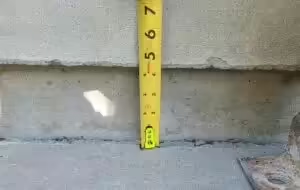
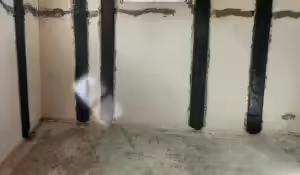
Concrete & Foundation Repairs
We repair concrete foundation walls, retaining walls, and cracks and chips in concrete slabs.
Read More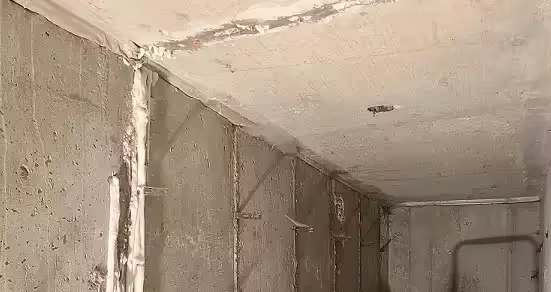
Foundation Leak Sealing
We seal foundation leaks in concrete basement walls, manholes, vaults, and even dams.
Read More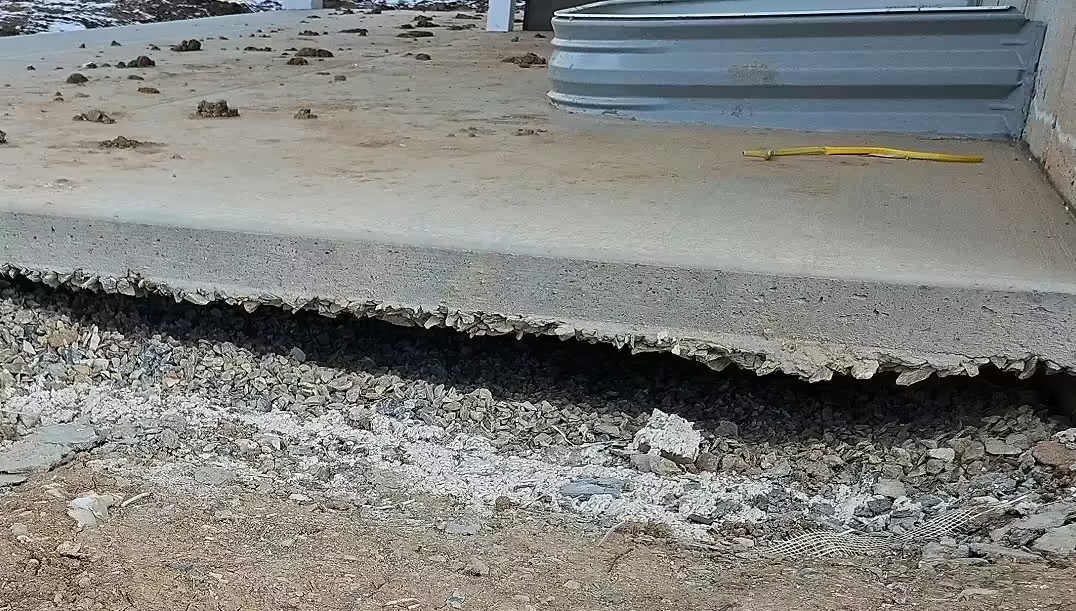
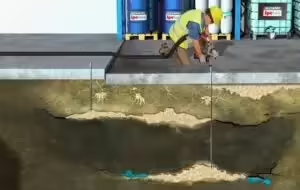
Soil Stabilization
We stabilize your loose, weak soil so that your concrete stays lifted and level.
Read More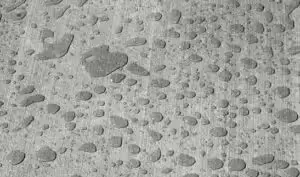
Concrete Surface & Joint Sealing
Keep your concrete protected from the elements, spills, and more with our concrete surface and joint sealing services.
Read More
WHY CHOOSE POLYFOAM SOLUTIONS
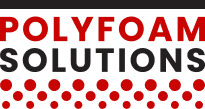
- Pay to lift it once.
- Holes the size of a dime.
- PolyFoam is impervious to water.
The Other Guys
- Pay to lift every 2-3 years.
- Holes the size of a baseball.
- Mudjacking fluid dissolves in water.

Benefits of PolyFoam Solutions
With PolyFoam, you will get the Strongest, Longest Lasting, and SAFEST repair.
Save Money
Save up to 70% off the cost of replacement by preserving the concrete you already have.
No More Trip Hazards
Because we use long lasting PolyFoam instead of mudjacking fluid, you will SAVE Money by not having to get concrete lifting again in 3 years.
Long Lasting Repairs
With our Concrete Lifting service, you’ll rest easy knowing that Aunt Suzie won’t be tripping on your uneven concrete again.
What Our Customers Are Saying About Us

Our Simple Concrete Repair Plan to Help You
-
1Schedule Free Consult
Schedule Free Consult
We’ll meet with you onsite to thoroughly inspect your concrete, discuss the possible solutions and provide an expert recommendation. You’ll gain a clear picture of what we can do to save your concrete & money.
-
2
Plan of Attack
Our technicians will show up on your scheduled day, make a plan, and use their expertise to restore your concrete to its optimal condition.
-
3
Enjoy Your Concrete Again
Kick back in a patio chair and enjoy your newly renovated concrete. Rest easy knowing you’v protected your investment.

See Some of Our Recent Work
Frequently Asked Questions
-
Will polyurethane concrete lifting save me money compared with replacing the concrete?
It certainly can. In some instances, we have seen as much as 50-75% savings with concrete lifting versus a “tear out and replace” method. Not only can it be less expensive, but our concrete lifting processes require far less downtime for you. The polyfoam will be cured in as little as 20 minutes. You can drive on it by the time we are finished.
-
What is PolyFoam?
Polyfoam is a polyurethane resin. Some foam expands (two components) while others act as a permeation grout (single component).
The two-component resin, as the name suggests, starts off as two separate chemicals. Once mixed, these two chemicals start to expand from 15x – 50x their liquid state. Single-component permeation resin reacts with ground moisture to infiltrate and combine with soil to create a water-impermeable mass that can be used to stabilize soils. Leak seal resin can be used to seal leaks in concrete structures.
-
How invasive is your lifting process?
Concrete lifting with PolyFoam requires drilling small holes (the size of a dime) in the concrete to allow the resin to get pumped under the slab. Once lifted, the small holes are patched with concrete patch and the area is cleaned up. Other methods of lifting, such as mudjacking, require larger equipment and larger holes drilled – the size of a baseball.
-
How long does the lifting process take?
An average driveway lifting job will take 2-3 hrs to complete, and by the time we leave, you will be able to drive your car over the concrete that was lifted. The PolyFoam only takes about 15 minutes to cure to about 90% of its strength.
-
Can you lift front steps that have sunk?
Yes, lifting front steps is a very common job. In our busy season, we do 2-3 of these jobs a week.
-
Is PolyFoam safe for the environment?
PolyFoam is SAFE – NSF/ANSI 61-5 Certified & Approved for contact with drinking water.
-
What if I have large voids under my slab?
This is another very common problem that we can help with. We can inject our PolyFoam under the slab and it will provide the needed support and strength.
-
I have a crack in my basement wall that is leaking. Can you help?
We deal with a lot of foundation wall cracks – especially in the winter and spring months when the ground is wet and the snow is melting. We can inject the PolyFoam grout into the crack and it will expand to seal the crack. We can seal cracks that are actively leaking and/or ones that are dormant due to the ground being dry.
-
How long does PolyFoam concrete lifting last?
We use PolyFoam because it is a much better method compared to mudjacking since the PolyFoam is impervious to water. Mudjacking fluid is water soluble and normally only lasts 2-4 years before dissolving and sinking again. PolyFoam, when pumped under concrete, has a life expectancy of between 70-200 years. The only caveat is that it Will Not Levitate. So, you need to have strong, well-compacted soil under it to hold it up.
-
What if I have weak soil that keeps sinking?
Weak, loose, uncompacted soil will continue to settle until it becomes sufficiently compacted and strong enough to hold the weight of the soil and concrete above it. Where weak soil exists, the best solution is to strengthen the soil by performing a “deep injection”.
This is where we drive our injection rods 4′-8′ deep and pump a large volume of PolyFoam grout into the soil. After about 10 seconds, it will begin to expand 20-30 times its original volume and strengthen and densify the soil.
-
Should I have my concrete joints/cracks sealed?
The benefit of sealing the joints and cracks on the surface of your concrete is that it will prevent water from draining under the slab. The more water mixes with our clay soils here in Utah, the weaker they become. Once they get weak enough, the concrete can crack and sink. So, yes, you should have your concrete joints and cracks sealed.
-
Can't find an answer to your question?
We’d love to answer all of your questions. Just contact us, and we’ll help you however we can!

Information & Blog
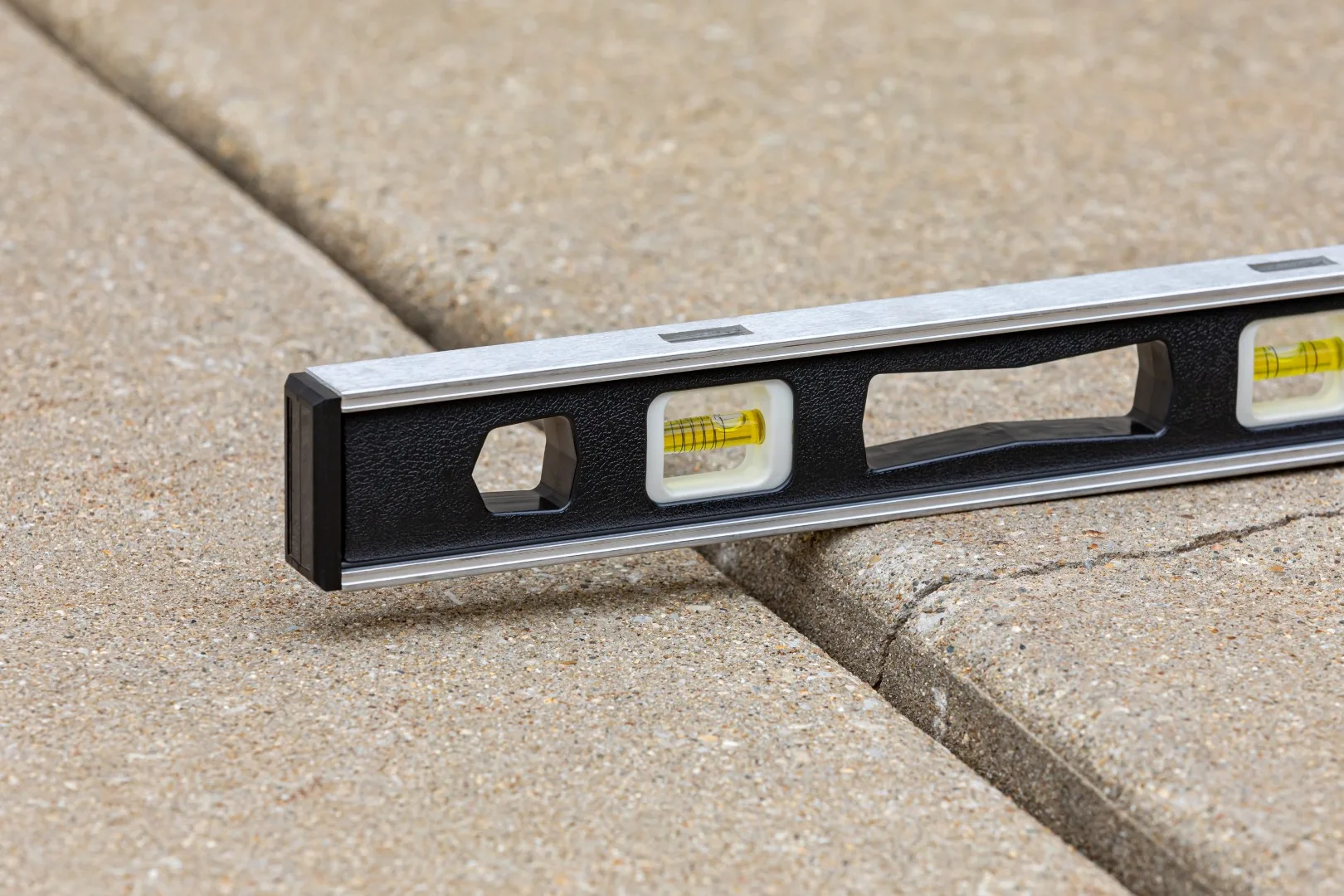
Transform Your Home: Concrete Leveling for Driveways & Walkways
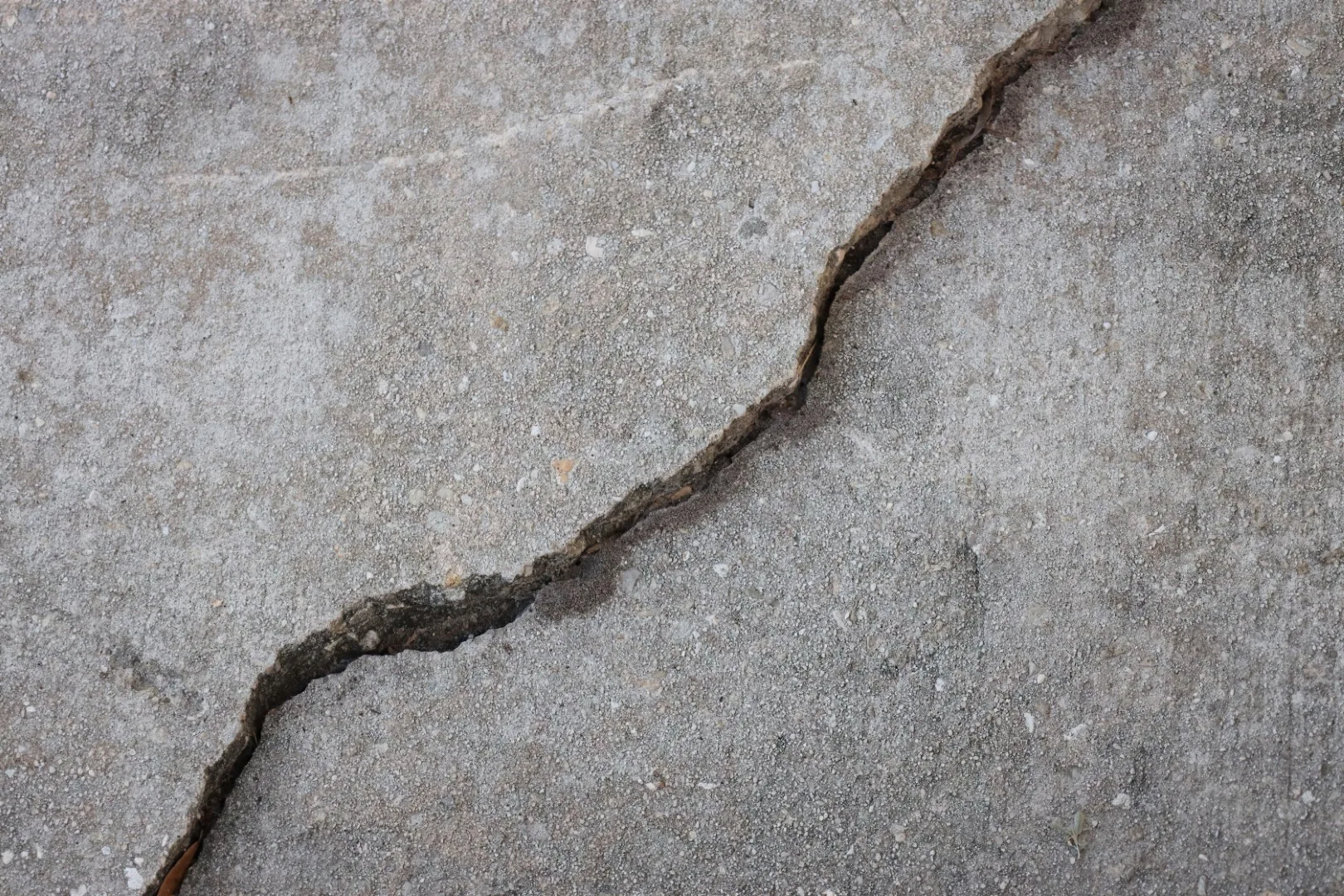
Void-Filling: The Best Fix for Sinking Concrete
Are you experiencing cracks and shifts in your concrete? Then void-filling may be the answer. Not only does uneven concrete look unappealing, but it can be unsafe, leading to tripping hazards and poor drainage.
If you have suspicion tha
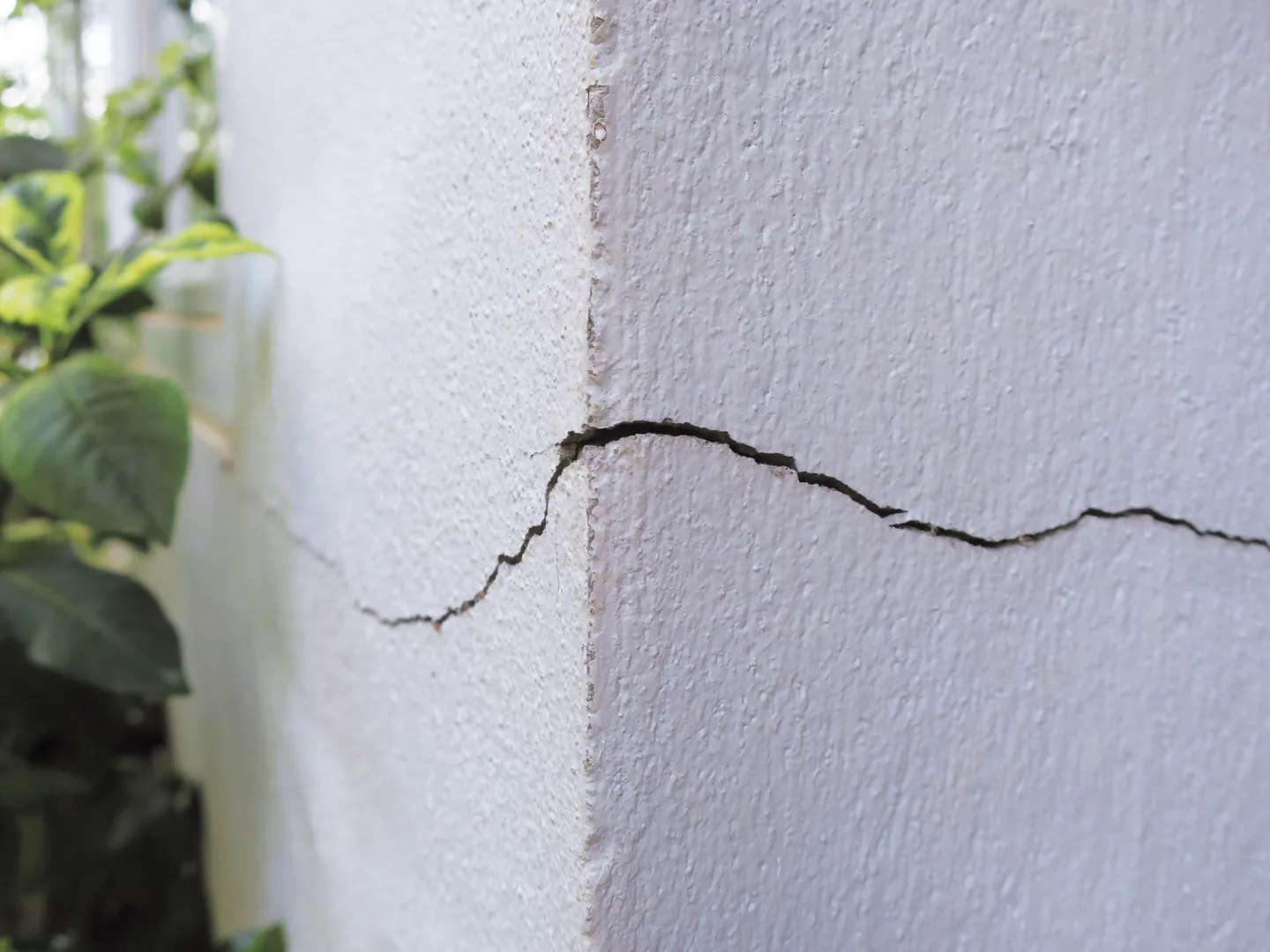
Spray Foam for Foundation Repair: A Modern Solution for Stability
A strong foundation is necessary for maintaining a safe, comfortable, and stable home. However, cracks in the walls and uneven surfaces can indicate issues with your building’s foundation. Have you considered spray foam for foundation repair? Read More
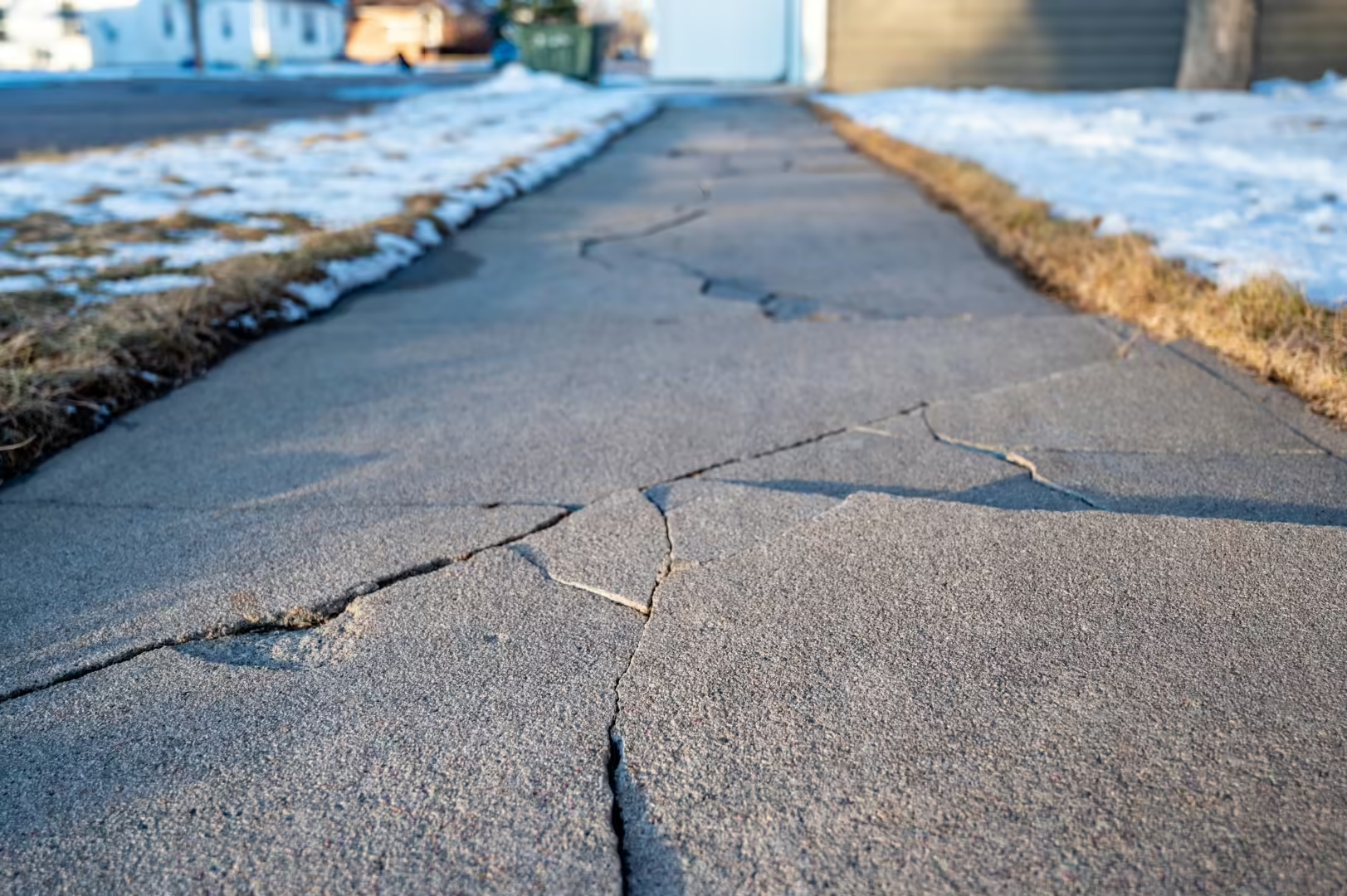
Follow Us